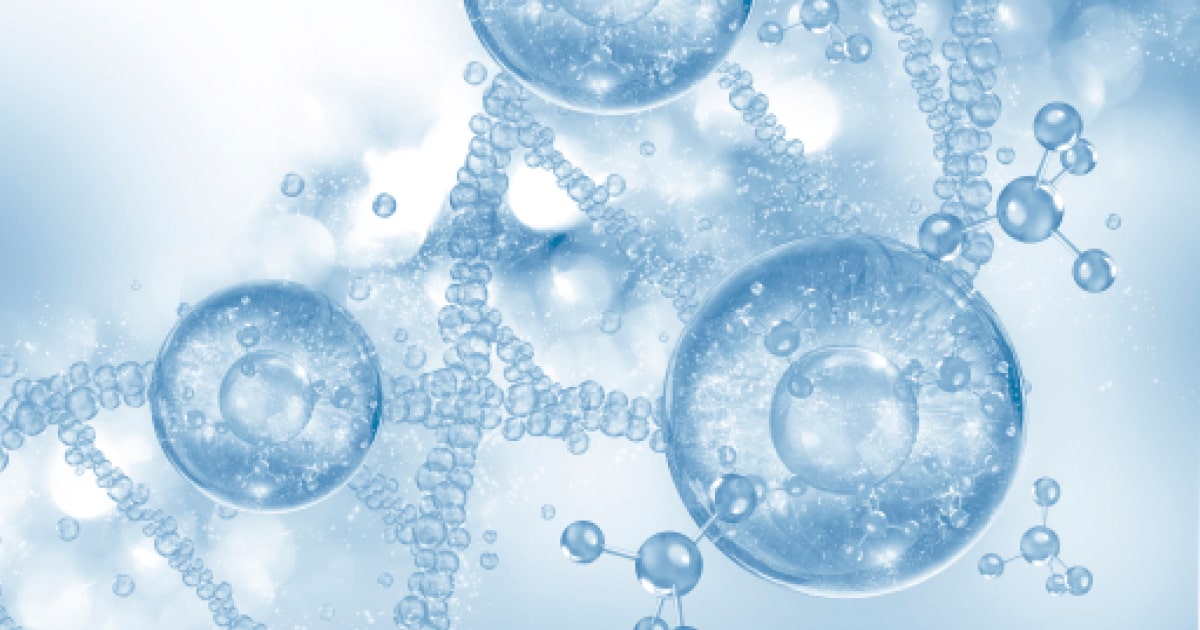
Expert Reviewed By: Dr. Brandon Colby MD
Keloid formation is a complex skin condition characterized by excessive scar tissue growth. Unlike regular scars, keloids extend beyond the original wound and can be itchy, painful, and cosmetically concerning. While the exact cause of keloid formation remains elusive, genetic factors are increasingly recognized as significant contributors. Recent advancements in genetic testing offer promising avenues for understanding, diagnosing, and potentially managing this challenging condition.
The Genetic Landscape of Keloid Formation
Research has long suggested a genetic component to keloid formation, given its higher prevalence among certain ethnic groups and familial clustering. The study reviewed in this article highlights key genetic factors that have been identified in recent years, providing a foundation for the potential use of genetic testing in this domain.
Identifying Genetic Markers
Genetic testing can help identify specific markers associated with keloid formation. By analyzing DNA sequences, researchers can pinpoint variations that may predispose individuals to develop keloids. This information is crucial for understanding the underlying biological mechanisms and could lead to targeted therapies that address the root causes rather than just the symptoms of keloid formation.
Risk Assessment and Personalized Medicine
One of the most promising uses of genetic testing in keloid formation is risk assessment. Individuals with a family history of keloids can undergo genetic testing to determine their likelihood of developing the condition. This proactive approach allows for personalized medical strategies, including preventive measures and tailored treatment plans, reducing the physical and emotional burden of keloids.
Guiding Treatment Decisions
Genetic insights can also guide treatment decisions for those already affected by keloids. Understanding the genetic profile of a patient's keloid can help dermatologists choose the most effective treatment options, from corticosteroid injections to laser therapy or surgical intervention. As genetic research progresses, it may even lead to the development of new, more effective treatments tailored to an individual's genetic makeup.
Challenges and Future Directions
Despite the potential benefits, the integration of genetic testing into routine clinical practice for keloid formation faces several challenges. The genetic basis of keloids is complex, involving multiple genes and environmental interactions. Moreover, the cost and accessibility of genetic testing can be barriers for widespread adoption.
Future research aims to overcome these hurdles by identifying additional genetic markers and developing cost-effective testing methods. Collaborative efforts across disciplines, including genetics, dermatology, and bioinformatics, are essential to advance our understanding and application of genetic testing in keloid formation.
Conclusion
Keloid formation remains a challenging condition, but the promise of genetic testing offers hope for better management and treatment. By unraveling the genetic threads that contribute to keloid formation, researchers and clinicians can work towards personalized medical approaches that improve outcomes for those affected by this condition. As we continue to explore the genetic landscape of keloids, the potential for transformative advancements in care becomes ever more tangible.
About The Expert Reviewer
Dr. Brandon Colby MD is a US physician specializing in the personalized prevention of disease through the use of genomic technologies. He’s an expert in genetic testing, genetic analysis, and precision medicine. Dr. Colby is also the Founder of and the author of Outsmart Your Genes.
Dr. Colby holds an MD from the Mount Sinai School of Medicine, an MBA from Stanford University’s Graduate School of Business, and a degree in Genetics with Honors from the University of Michigan. He is an Affiliate Specialist of the American College of Medical Genetics and Genomics (ACMG), an Associate of the American College of Preventive Medicine (ACPM), and a member of the National Society of Genetic Counselors (NSGC)